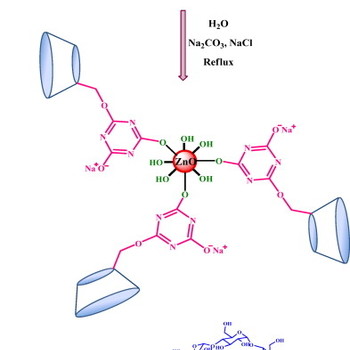What is the change in Gibbs' free energy for #"C"(s) + "O"_2(g) -> "CO"_2(g) + "393.51 kJ/mol"#?
The #∆S^@# for the reaction,
#"C"(s) + "O"_2(g) -> "CO"_2(g) + "393.51 kJ/mol"# ,
at #"308.62 K"# is #"0.004 kJ/mol"cdot"K"# .
Find the value of #∆G^@# at #"308.62 K"# .
What would be the answer in #"kJ/mol"# ? Thanks!
The
at
Find the value of
What would be the answer in
2 Answers
Follow the steps below
Explanation:
-
Look at the reaction and determine the
#DeltaH^@#
Since the reaction is exothermic:#DeltaH^@= -393.51 ("kJ")/("mol")# -
Given
#DeltaS^@ = 0.004 ("kJ")/("mol"*"K")# -
Given
#T= "308.62 K"# -
Use the formula:
#DeltaG^@=DeltaH^@-TDeltaS^@# -
Plug in givens:
#DeltaG^@=-393.51 ("kJ")/("mol")-(308.62 cancel("K"))*(0.004 ("kJ")/("mol"*cancel("K")))#
#= -394.74 ("kJ")/("mol") #
Explanation:
To solve this question, use the standard-state free energy of reaction equation:
Given that you were given all the values for enthalpy, temperature, and entropy:
Since the value Delta



